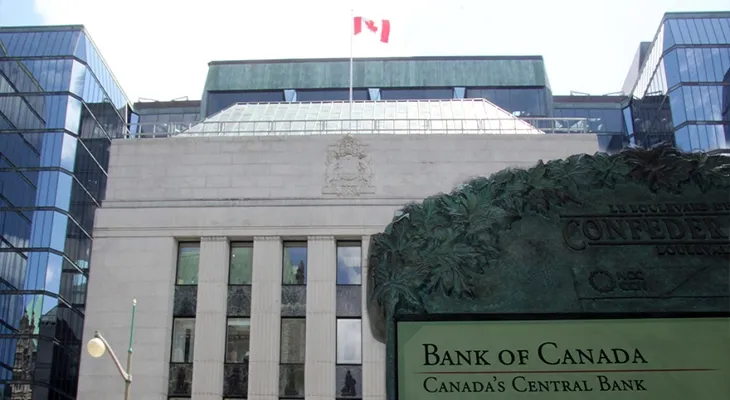Search here
Newspaper
Search here

Arab Canada News
News

Published: May 4, 2022
A senior bank official said on Tuesday that the severity and persistence of supply chain disruptions, which have helped fuel rising living costs, had surprised the Bank of Canada. In a speech delivered before "Women in Capital Markets" in Toronto, Senior Deputy Governor Carolyn Rogers said it had been difficult to get a clear view of the future over the past two years.
Rogers said according to the prepared remarks released in Ottawa: "What began as narrowly focused issues in a few key products - such as computer chips - spread to a wide range of goods."
"The invasion of Ukraine intensified supply chain problems and raised commodity prices and inflation worldwide." Now, Rogers said parts of China are under renewed lockdown, causing further supply issues and transportation backlogs.
She said: "These are things we did not anticipate." Supply chain disruptions have been a factor driving inflation to its highest rate in three decades.
The Bank of Canada raised its key interest rate target by half a percentage point last month to one percent and warned that more interest rate hikes are coming as it works to bring inflation back to its 2 percent target. Conservative leadership candidate Pierre Poilievre criticized the Bank of Canada and its decisions.
Rogers emphasized the importance of the Bank of Canada's independence in decision-making and the work it has done to earn Canadians' trust. "The desire to have a public entity separate from both the banking sector and the political process, whose role is to guide the economy in the best interest of its citizens in the long term, is why central banks exist around the world."
Rogers said Canadians trusted the bank to respond at the start of the pandemic when it cut the key interest rate and started buying bonds to keep interest rates low, and they rely on it to act now to reduce inflation.
She added: "We take this trust very seriously." Rogers pointed out that as inflation nears seven percent and spreads to include more everyday items, it pressures household budgets and puts stress on businesses.
"The high inflation here in Canada and around the world is largely due to global pressures like supply chain disruptions and rising commodity prices.
But as the Canadian economy begins to heat up, we cannot allow demand to outpace supply too much or risk increasing inflation." The Bank of Canada said it expects inflation to average close to six percent in the first half of the year and remain well above its control range of one to three percent for the rest of the year.
Comments